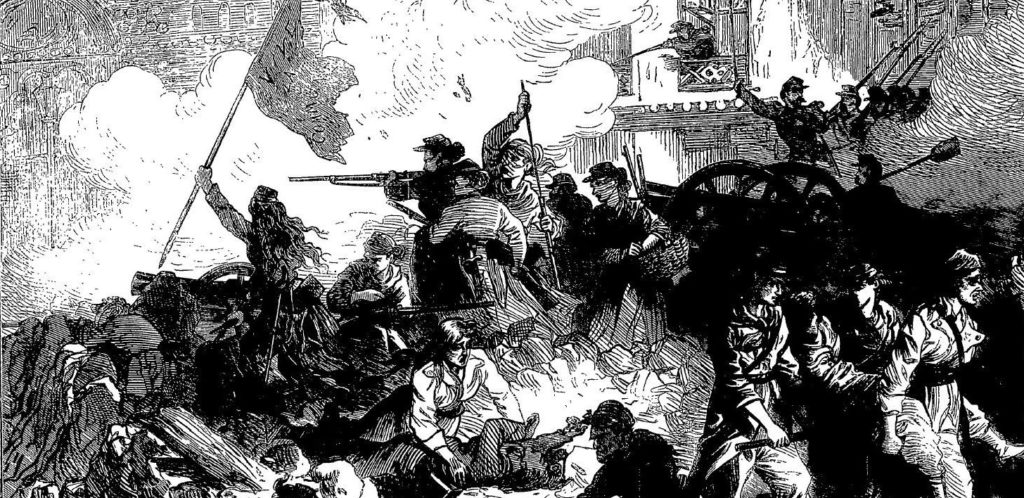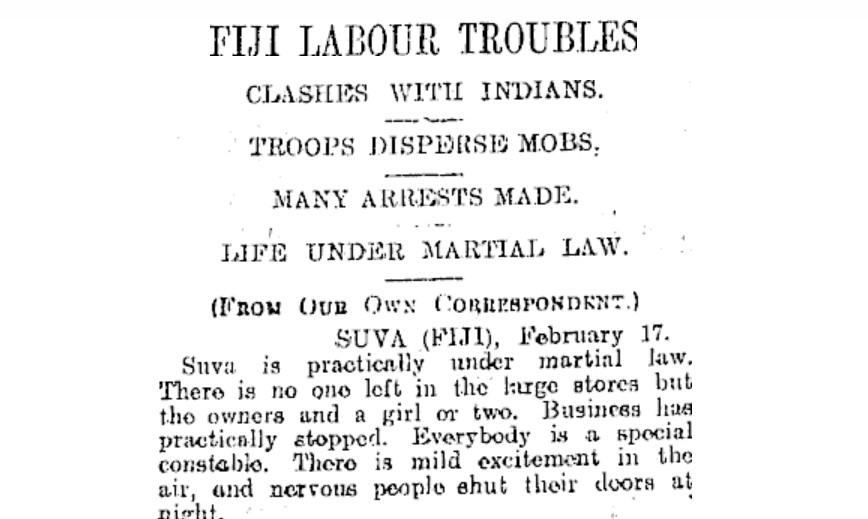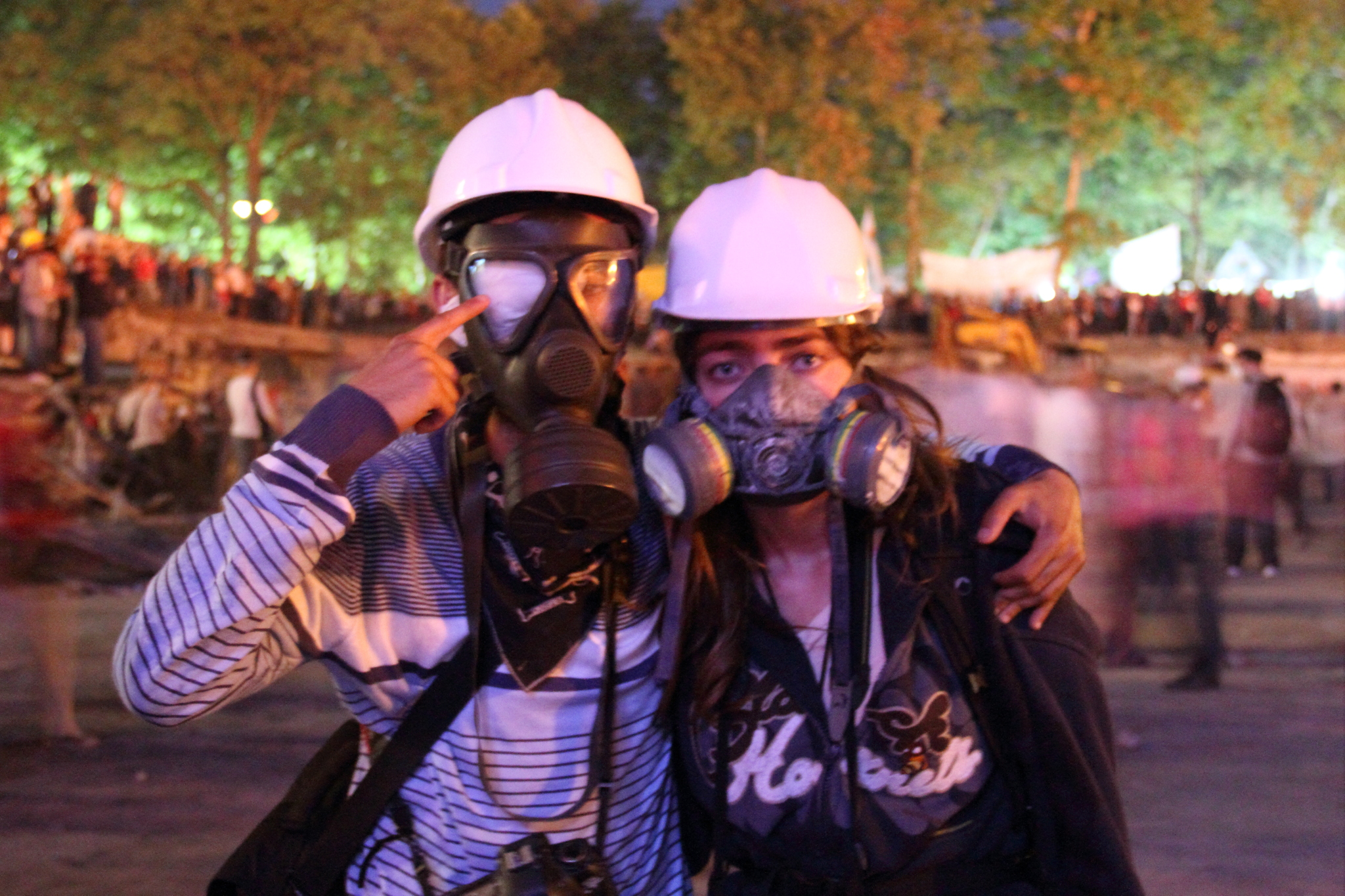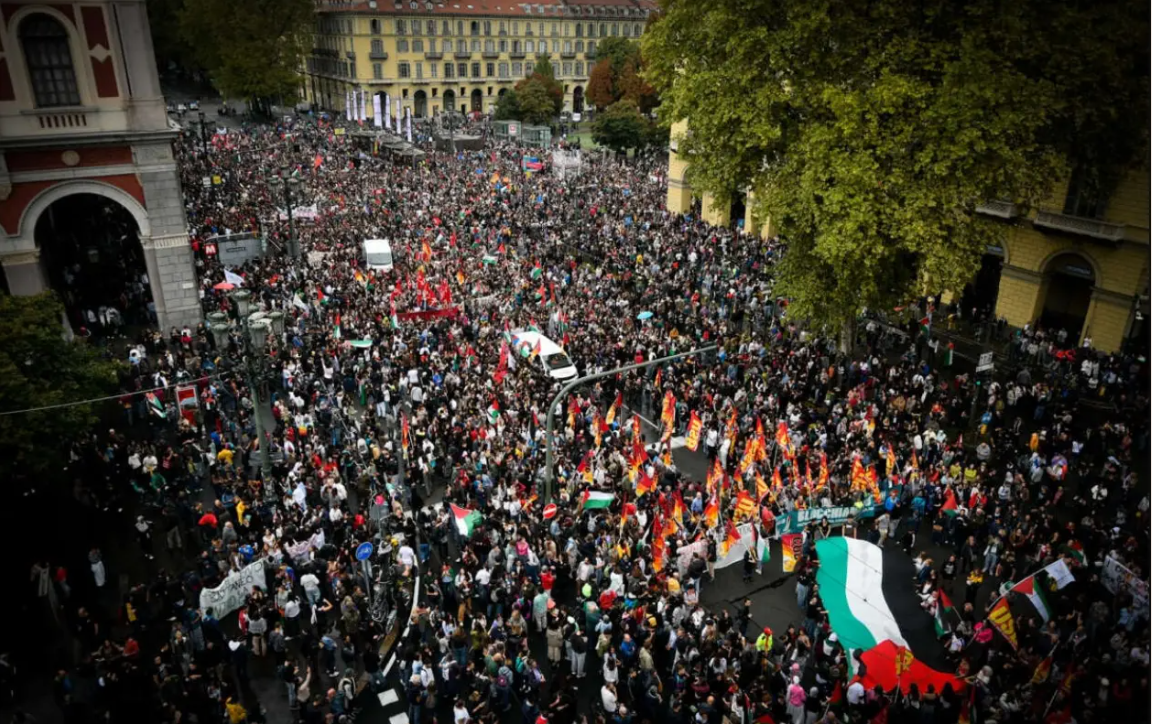By Rowan McArthur
“The experience of all liberation movements has shown that the success of a revolution depends on how much the women take part in it.” – This is a quote from the Russian revolutionary leader Vladimir Lenin. Its truth has been proven time and again, with women being at the forefront of resistance and struggle.
Women led the march from Paris to Versailles which forced King Louis XVI and his family to move to Paris and recognise a new constitution in 1789. Women textile workers went on strike in St Petersburg to spark the Russian revolution of 1917, and women played a key role in strikes and the mass movement in the Egyptian Revolution of 2011. All throughout history women have smashed sexist stereotypes of being passive, weak females, and joined in, led and defended mass movements, revolts, riots, strikes and revolution!
Women have had to fight against their oppressors since the beginning of class society as they still do throughout the world today. But joining in the workers’ struggle has not always been easy for women.
The rise of modern industry often saw men and women set against each other, as employers tried to use women as cheap labour to undermine men’s traditional skills and organisations. For their part men excluded women from many skilled trades. Within the nineteenth century working-class movement there were many reactionary ideas about women, the worst perhaps being among the followers of Proudhon (an anarchist) in France, who said, ‘Woman must be housewife or whore.’ However Marx and Engels, in the Communist Manifesto of 1848, came down clearly on the side of women.
Women were in struggle during the rise of industrial capitalism in Britain. The poet Southey wrote about a women glovemakers’ protest in 1807:
Women are more disposed to be mutinous: they stand in less fear of the law . . . and therefore in all public tumults they are foremost in violence and ferocity.
The ferocity of women was also noted in the Derby silk riots of 1833 and the ‘Plug Plot’ strikes in Lancashire in 1842. Women readily joined the trade unions that sprang up in the 1820s and 1830s, and were involved in Britain’s first socialist movement.
Again in 1871 in France, during the Paris Commune thousands of women took up arms to defend the world’s first workers government. Tony Cliff in ‘Class Struggle and Women’s Liberation’ explained:
On the first day of the Commune, the 18th of March, women played a crucial role in neutralising the troops sent by Thiers to seize the cannons of the National Guard. At Montmartre General Lecomte gave the order to fire. At this the women spoke to the soldiers: ‘Will you fire upon us? On your brothers? Our husbands? Our children?’ General d’Aurelles de Paladine describes what happened:
The women and children came and mixed with the troops. We were greatly mistaken in permitting these people to approach our soldiers, for they mingled among them, and the women and children told them: ‘You will not fire upon the people’. This is how the soldiers of the 88th, as far as I can see, and of another line regiment, found themselves surrounded and did not have the power to resist these ovations that were given them. People were shouting, “Long live the line!’
Faced with this unexpected intervention, the soldiers hesitated. A warrant officer stood in front of his company and shouted: ‘Mutiny!’ Thereupon the 88th battalion fraternised with the crowd. The soldiers arrested their general.
In the rue Houdon crowds of women assembled. General Susbielle gave the order to charge. ‘But, intimidated by the women s cries, the cavalry, “backed up their horses”, which made people laugh. Everywhere … the crowd, mostly composed of women, surrounded the soldiers, stopped the horses, cut the harnesses, forced the “bewildered” soldiers to fraternise with their “brothers”’ in the National Guard.
Tony Cliff presents the writings that one reactionary writer had to say about women in the Paris commune:
The weaker sex behaved scandalously during these deplorable days … Those who gave themselves to the Commune – and there were many – had but a single ambition: to raise themselves above the level of man by exaggerating his vices … They were all there, agitating and squawking … the gentleman’s seamstresses; the gentleman’s shirt-makers; the teachers of grown-up schoolboys; the maids-of-all-work … What was profoundly comic was that these absconders from the workhouse unfailingly invoked Joan of Arc, and were not above comparing themselves to her … During the final days, all of these bellicose viragos held out longer than the men did behind the barricades.
Although the Paris commune was short-lived, 72 days, the workers ran the city and women were instrumental in the rise, running and defence of the Paris Commune.









